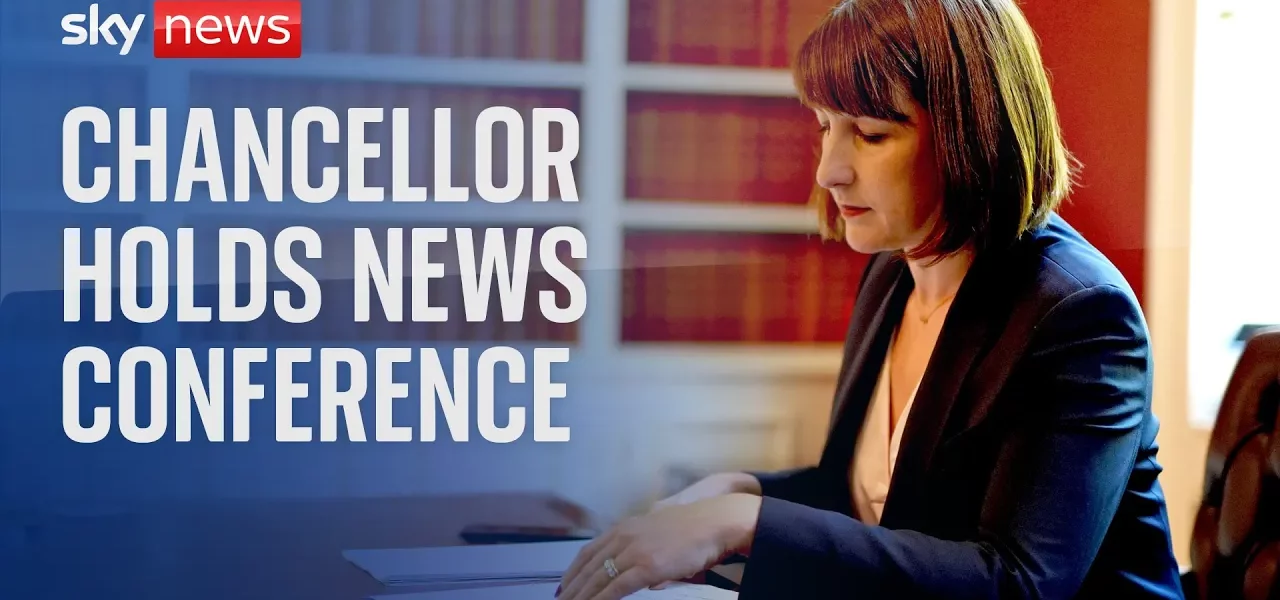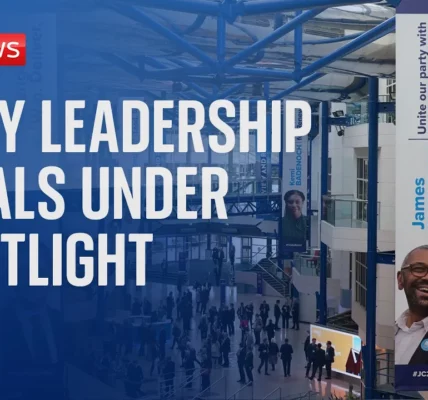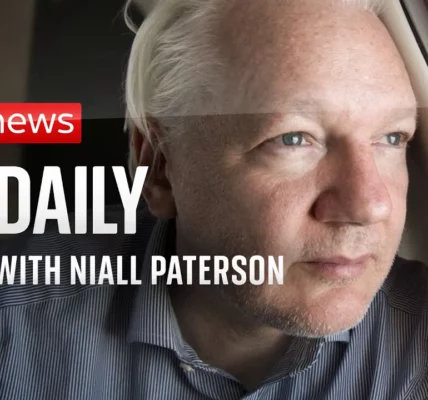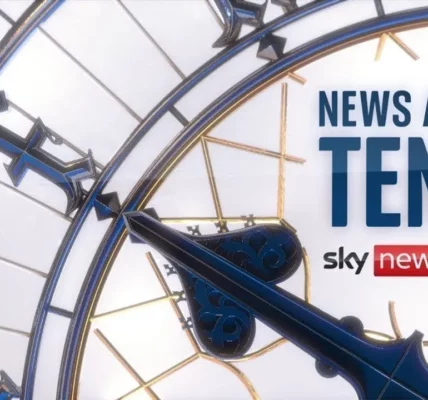Chancellor’s Economic Statement: A Plan for Recovery and Reform

This article delves into the recent statements made by the Chancellor regarding the UK’s economic recovery, outlining significant savings, challenging decisions ahead, and the government’s commitment to transparency in fiscal matters.
Introduction
In a significant address to the nation, the Chancellor presented a detailed economic statement that aims to address the pressing challenges facing the UK economy. With a projected savings of 5.5 billion pounds this year and an ambitious target of 8 billion pounds for the next, the Chancellor emphasized the need for difficult choices to rebuild the economy. This article explores the key points of the Chancellor’s statement, the implications for various sectors, and the government’s approach to maintain transparency and integrity in economic management.
The Financial Landscape
The Chancellor began by addressing the necessity of making tough financial decisions, stating, “If we cannot afford it, we cannot do it.” This sentiment reflects a broader commitment to fiscal responsibility, especially in light of the past 14 years under Conservative governance. The economic landscape has been marred by overspending and a lack of transparency, leading to a £22 billion fiscal gap that the current administration is tasked with addressing.
Key Economic Decisions
Savings and Budget Cuts
The Chancellor outlined plans to realize savings of 5.5 billion pounds this year, with a further aim of cutting 8 billion pounds next year. These measures are crucial in addressing the financial strains on the economy. Key areas of focus include:
- Reduction of public spending across various sectors.
- Prioritization of funds to support essential services.
- Implementation of a means-tested approach for winter fuel payments.
Public Sector Pay and Industrial Action
One of the more contentious issues raised was the government’s decision to award junior doctors a 20% pay increase over two years amid ongoing industrial disputes in the NHS. The Chancellor justified this move by highlighting the financial impact of industrial action, which cost the NHS approximately 1.7 billion pounds last year. This decision aims to stabilize the workforce and reduce the backlog of cancelled appointments, thus improving public health services.
Challenges Ahead
Transparency and Trust Issues
The Chancellor faced questions regarding transparency, particularly about the previous government’s handling of economic forecasts. He asserted that the information presented today was not known prior to the election, emphasizing the need for honesty in public finance reporting. Key points included:
- The necessity of revealing the true state of public finances.
- Commitment to not burden working people with additional taxes, despite the financial shortfall.
- Addressing the issues surrounding the Asylum system and related expenditures.
Future Tax Policies
The Chancellor reiterated his commitment to not increasing taxes on working individuals, maintaining that income tax, National Insurance, and VAT would remain unchanged. However, he acknowledged that further difficult decisions would be necessary during the upcoming budget review, particularly regarding welfare spending and potential tax adjustments for high earners.
Conclusion
The Chancellor’s recent economic statement sets a challenging yet necessary course for the UK’s fiscal future. With significant savings targeted and a focus on transparency, the government aims to address the economic issues stemming from years of mismanagement. As the nation moves toward the budget review in October, the emphasis will remain on making informed decisions that protect the most vulnerable while striving for economic stability. We encourage readers to stay informed and engaged as these developments unfold.
For more information on economic policies and updates, check out our related articles on economic reforms and public spending strategies.
“`




